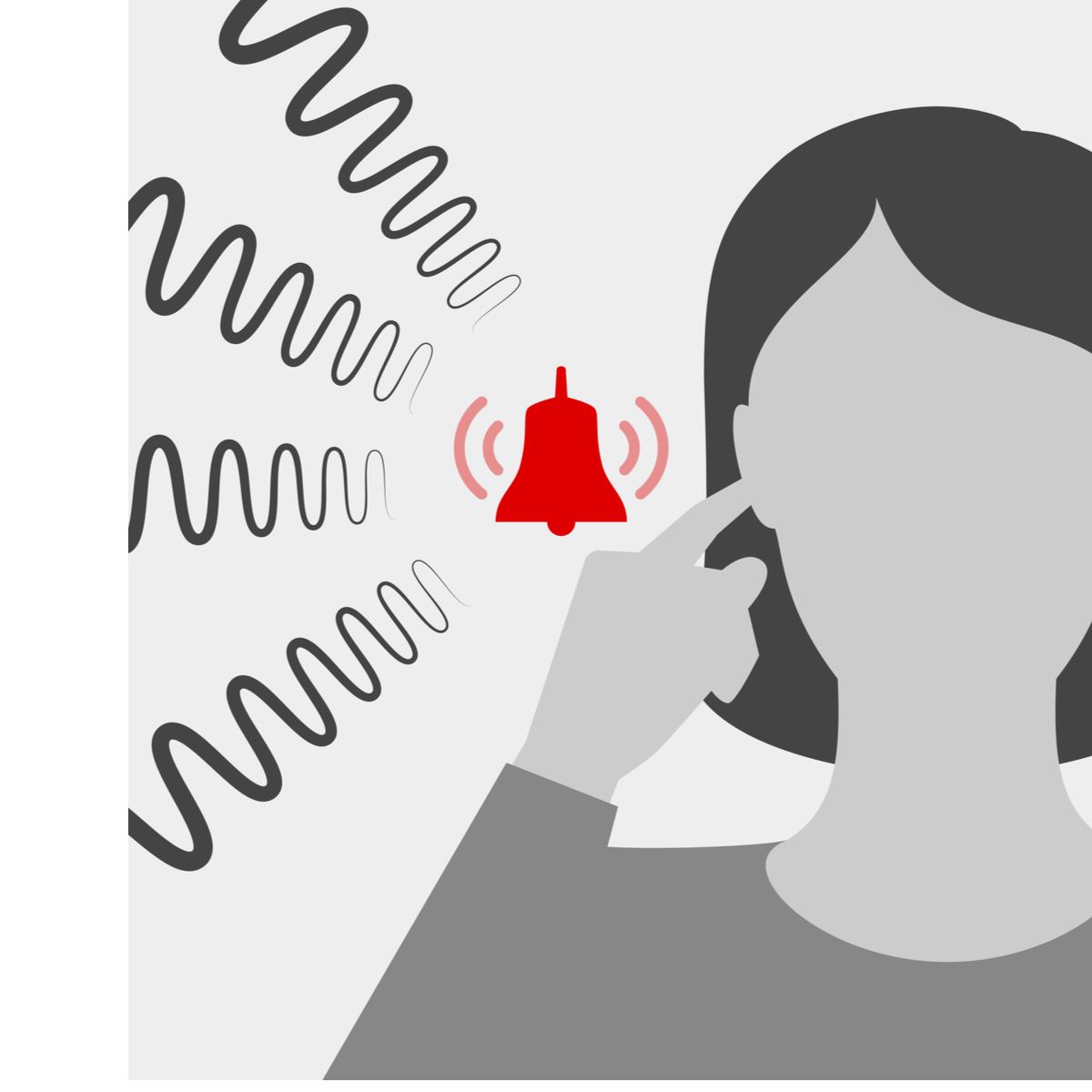What is Immunotherapy? - Treatment, Types & Success Rate

Treatment Duration
3 Minutes
------ To ------5 Minutes
Treatment Cost
₹ 3,000
------ To ------₹ 5,000

Table of Contents
- What are Allergy Shots?
- Conditions treated with Allergy Shots
- How is Immunotherapy (Allergy Shots) Given?
- What to expect Before and on the day of Immunotheerapy (Allergy Shots)
- What to Expect after Immunotherapy (Allergy Shots)
- When id Doctor's Consultation needed?
- Risks of Delayed Allergy Shots
- Cost of Immunotherapy (Allergy Shots)
A type of immunotherapy aimed at treating, reducing, and eliminating the symptoms of allergies is called Allergy Shots. It contains enough allergens to stimulate the immune system for an allergic response but not enough to cause a full-blown reaction to an allergy.
| Procedure Name | Allergy Immunotherapy |
| Alternative Name | Allergy Shots |
| Conditions Treated | Seasonal allergies, Indoor allergens, Insect stings |
| Benefits of Procedure | Reduce allergy sensitivity and provide lasting relief |
| Treated By | General Practitioner |
You can check Immunotherapy Cost here.
What are Allergy Shots?
An allergy shot is also known as allergy immunotherapy. The allergy shots are scheduled for over 3 to 5 years. It provides long-term relief from severe allergies or allergens. Allergy shots are used to treat all types of allergies except the allergy due to food.
How does Allergy occur?
- An allergy occurs when our body reacts to substances such as pollen, dust, insect sting, mould, pet, or food that could be normal or do no harm to some.
- As a result of these allergens, the human body produces antibodies as an immune system response to get rid of it. These antibodies result in symptoms such as coughing, sneezing, rashes, runny nose, redness, swelling, nausea, itching, and tingling.
- It may also lead to an anaphylaxis reaction that makes breathing difficult and potentially life-threatening.
- In allergy shots, a small amount of specific allergen is injected into the body. The dose of the allergy is increased gradually.
- It exposes the body’s immune system to that specific allergic substance and prepares the immune system not to react to it or cause symptoms by tolerating it.
Expert Doctors (10)
NABH Accredited Hospitals (10)


Conditions treated with Allergy Shots
The doctor may give the allergy shots if:
- The patient cannot control exposure to allergens
- Medications are ineffective in controlling the symptoms of allergic reactions
- The medications for allergic reactions produce significant side effects or interact with other medicines the patient is already taking.
- The patient has a seasonal allergy to pollen grains released by the grasses, weeds, or trees, leading to hay fever symptoms
- The patient wants to reduce or lessen his long-term use of allergy drugs
- To manage allergies due to insects stings such as wasps, bees, or yellow jackets.
How is Immunotherapy (Allergy Shots) Given?
The allergy shots are usually administered through injection in the upper arm. The process for allergy shots is grouped into 2 phases which are:
- Build up
- This phase requires significant time for the allergy shot to work.
- The allergy shots are given two to three times a week. It helps the body to get used to the allergens. The build-up phase usually lasts for 3 to 6 months.
- After each build-up dose, the patient must stay at the doctor's clinic for at least 30 minutes. Monitor any reactions and side effects to the allergy dose administered.
- The dose of the allergens is gradually increased with each shot during the build-up phase.
- Maintenance
- The maintenance phase starts once the effective dose is reached.
- The body’s level of allergen sensitivity and response to the build-up phase determines the effective maintenance dose.
- In this phase, allergy shots are administered once or twice a month. The maintenance phase is usually continued for three to five years or longer.
- The patient enters the maintenance phase when the doctor determines that the body has become accustomed to the allergy shots.
What to expect Before and on the day of Immunotheerapy (Allergy Shots)
Before the Allergy Shots
The patient may expect the following before the allergy shots:
- Any strenuous activity should be avoided by the patient at least 2 hours before the allergy shots appointment. It is because exercising boosts the blood flow to tissues leading the injected allergens to spread faster throughout the body.
- The patient should Inform the doctor about the medications, vitamins, and mineral supplements to avoid medication interference and side effects.
- The patient should also inform the healthcare provider if they are pregnant, planning to get pregnant, or suffering from a medical condition such as cardiac disease.
- The doctor will also provide detailed information about the length of the allergy season and what symptoms the patient can expect after the allergy shots.
- The patient will also explain in detail the timetable or schedule for allergy shots treatment and the expected results.
- The patient should not miss the schedule for allergy shots as it may disturb the treatment.
On the day of Allergy Shots
Kindly reach the hospital at least 1 hour before the appointment for an allergy shot. The doctor will first perform a skin test or blood test.
- A tiny amount of suspected allergen is scratched into the skin and observed for 15 minutes.
- It is to determine the body's reaction to a specific allergen and to check whether it is safe to use or not or produces any life-threatening adverse reactions.
What to Expect after Immunotherapy (Allergy Shots)
After the Allergy Shots
- After the allergy shots are administered, the doctor may ask the patient to stay at the clinic or hospital for at least 20 to 30 minutes.
- It is to check for adverse reactions or side effects after the shots.
- The patient may have pain, fever, redness, or swelling at the site of injection after an hour which is completely normal. These symptoms will go away in 5 to 8 hours.
- Patients may be prescribed painkillers or antibiotics. The doctor may also ask the patients to put an icepack on the shot site to relieve pain and swelling and to make them feel better.
- Strenuous exercise should be avoided for at least 2 hours after getting allergy shots.
First- Follow up Appointment
- The patient may have the first follow-up with the doctor after a week of getting an allergy shot.
- The doctor will perform a physical examination or some tests to check for any side effects and the body's response to the allergy shots.
- The patient should inform the doctor if he experiences any skin allergic reaction that is bigger than one and a half inches wide.
- If the reaction lasts for over 24 hours or worsens, it should be immediately informed to the doctor.
When id Doctor's Consultation needed?
- Kindly contact the doctor if the symptoms continue after several days of getting allergy shots or worsening.
- The patient must get on the phone or go to the nearest emergency room if he experiences shortness of breath, a tight throat, tightening of the chest, itchy palms, hives, flushing of the skin, dizzy feelings, or any other symptoms that worry the patient after getting the allergy shots.
- The patient should also contact the doctor for any questions regarding the symptoms, the allergy shots, or having trouble keeping up with the appointments for the allergy shots.
Risks of Delayed Allergy Shots
- It is essential to get the allergy treated as early as possible, as avoiding and delaying the allergy treatment can lead to low productivity and reduced performance.
- In addition, untreated allergies worsen other chronic problems such as asthma, sinusitis, or skin disorders like hives and eczema.
- It can also lead to hay fever-like symptoms and reduce the overall quality of life.
Cost of Immunotherapy (Allergy Shots)
Allergy Shots will be given one time in a week for the first 7 months. After the initial 7 months, an injection after every 2 weeks is given. The Cost of Each Injection ranges from Rs. 3000-Rs. 5000.
| Procedure Name | Cost Value |
| Immunotherapy (Allergy Shots) | Rs. 3000-Rs. 5000 |
More Treatment options
Last Updated on: 29 November 2022
Author
HexaHealth Care Team
HexaHealth Care Team brings you medical content covering many important conditions, procedures falling under different medical specialities. The content published is thoroughly reviewed by our panel of qualified doctors for its accuracy and relevance.
Latest Health Articles
























